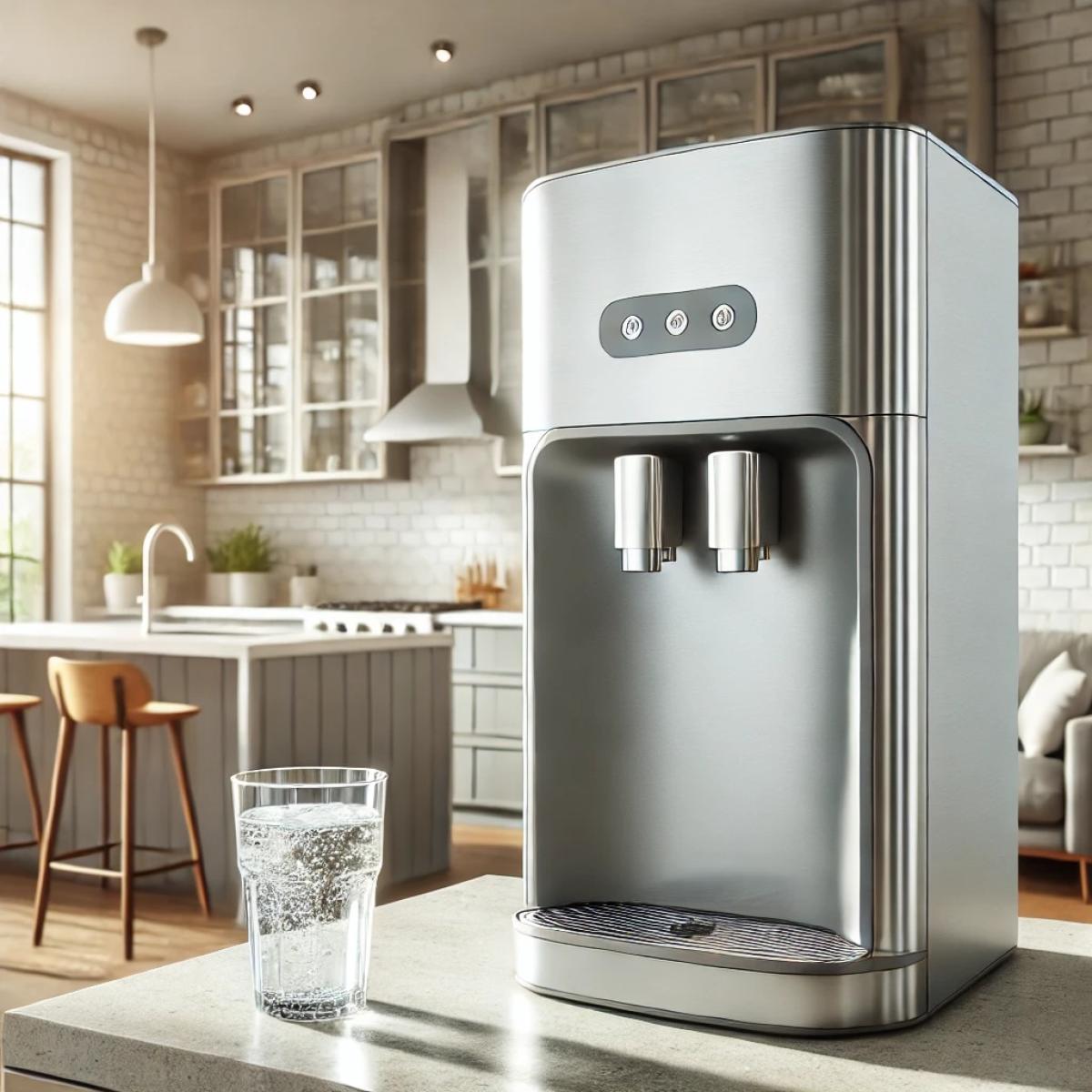Can A Water Cooler Dispenser Really Save Money Compared To Bottled Water?

Introduction
In an age where both convenience and cost-consciousness shape buying decisions, hydration solutions like water cooler dispensers and bottled water have become central to households and businesses alike. While bottled water offers unparalleled portability, it comes with many hidden costs—both financial and environmental. Conversely, water cooler dispensers, especially bottleless, require more initial investment but can deliver long-term savings and eco-friendly benefits.
This article dives deep into the money-saving potential of water cooler dispensers versus bottled water, aligned with the latest trends around the keyword “water cooler dispenser.” We'll explore real-world costs, environmental impact, health considerations, and offer a detailed FAQ to guide your decision.
1. Upfront and Long-Term Cost Comparison
Upfront Costs: A Tale of Two Paths
Bottled Water
Minimal upfront investment required.
You pay per bottle or jug, no installation needed.
Water Cooler Dispensers (Bottleless / Mains-Fed)
Higher initial cost, often ranging:
Basic systems: ~$3,000–5,000
Advanced models: upwards of $5,000–15,000
Large-scale purification systems: $50,000+
Small-scale countertop or point-of-use systems: typically $75–$200 installation
Long-Term Running Costs
Bottled Water
Average cost per gallon: $0.64–$1.29
Example: A family of five spends ~$1,127/year on bottled water; that’s $5,600 over five years.
Bottleless Water Coolers
Maintenance costs (e.g., filtration, RO system): ~$256–$260 per year
Break-even often occurs in under one year for families replacing large bottled water expenses.
Businesses can typically rent systems for $55–$75 per month, instead of paying $285–$356+ for jug deliveries or bottled water.
2. Hidden Costs of Bottled Water
Delivery & Storage
Delivery fees often add 20–30% to the cost.
Bulk discounts (10–15%) are offset by storage hassles.
Waste Management
Significant costs tied to disposing plastic jugs.
Additional labor and safety issues from handling heavy bottles (≈42 lb).
Environmental Footprint
Production and transport of bottled water generate high carbon emissions (~6.8 million tons CO₂ annually) and energy (107.4 trillion BTU).
About 1.32 L of water is used to produce each liter of bottled water, due to inefficiencies.
3. Financial Advantages of Water Cooler Dispensers
Predictable Costs
Fixed monthly rental or maintenance costs make budgeting easier than unpredictable delivery fees.
Rapid ROI
Example: Spend $1,100 upfront on an RO cooler. Payback within a year based on $1,127 bottled water costs per year.
Business Savings
Companies with 50 employees could spend 80% less using bottleless water coolers than jug deliveries.
Bottled water services cost $285–$356 monthly, but bottleless options cost $45–$118—leading to massive savings.
4. Environmental Impact & Sustainability
Switching to bottleless water coolers dramatically reduces single-use plastic waste and carbon emissions.
Companies avoid labor and injury risk from lifting heavy jugs.
Lower CO₂ emissions, fewer vehicle miles, and significant waste reduction when using bottleless systems.
5. Health and Quality Considerations
Purity & Filtration
Advanced filtration systems (e.g., reverse osmosis, carbon filters) significantly improve water safety and taste.
Hygiene & Maintenance
Bottleless coolers with touchless features offer enhanced hygiene.
Bottled systems can harbor bacteria if not cleaned regularly.
Contaminants in Bottled Water
Many bottled water samples contain microplastics—studies found over 90% contamination in tests.
6. Real-World Examples: Home vs. Business
Families
A family spending about $1,127/year on bottled water could invest ~$1,100 in a bottleless cooler and save thousands long-term.
Small Businesses
A 50-employee office could reduce water costs by 80% by switching from jug-based delivery to a bottleless cooler.
Jug delivery typically costs $285–$356/month, while bottleless rental or purchase costs $45–$118/month.
Environmental Wins
Reduced CO₂ emissions, plastic waste, and delivery vehicles.
7. Conclusion
Short answer: Yes—water cooler dispensers can absolutely save money compared to bottled water. While bottled water may appear cheaper upfront, sustainable and long-term cost-efficiency strongly favors mains-fed or bottleless dispenser systems. The payoff comes in:
Lower ongoing costs versus repetitive bottle purchases.
Predictable budgets with flat rental or maintenance fees.
Faster return on investment, often within a year for families and businesses.
Environmental benefits through waste and emission reduction.
Health and hygiene improvements via advanced filtration.
Whether you're evaluating hydration options for your home or workplace, a water cooler dispenser—especially a bottleless model—offers substantial financial and ecological upside.
8. FAQ (≈400 words)
Q1: Are water coolers really cheaper than bottled water?
Yes. Although initial setup for bottleless dispensers is higher, long-term costs (maintenance vs. repeated bottle purchases) generally lead to savings—break-even often occurs within a year.
Q2: How much can businesses save?
Companies with 50 employees may save around 80% compared to jug-based delivery services. Typical jug delivery models cost $285–$356 monthly versus $45–$118 for bottleless systems.
Q3: What about hidden costs with bottled water?
Hidden costs include delivery fees (20–30%), storage needs, disposal costs, and the health risk of heavy lifting. These add up over time.
Q4: How sustainable are bottleless coolers?
They eliminate single-use plastics, reduce carbon emissions from transport, and avoid waste from discarded bottles.
Q5: Is the water quality better with dispensers?
Yes—advanced filtration systems (like reverse osmosis) remove contaminants, improve taste, and reduce microplastic exposure.
Q6: Are there hygiene advantages?
Modern bottleless coolers often include touchless dispensing and UV cleaning, reducing contamination risk.
Q7: How long before ROI on bottleless coolers?
Typically under one year—e.g., a ~$1,100 investment pays off quickly when replacing ~$1,127/year bottled water expense.
Q8: Are there maintenance costs?
Yes, around $256–$260/year for filter upkeep in bottleless systems. This is substantially lower than annual bottled water expenses.
